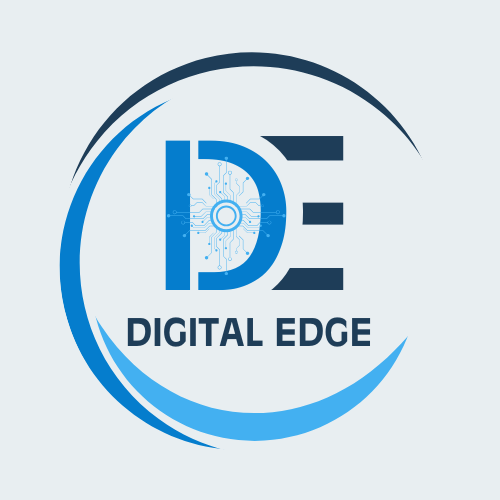In today’s fast-paced digital world, Artificial Intelligence (AI) has become more than just a buzzword — it’s a game-changer. From chatbots to predictive analytics, AI is revolutionizing digital marketing, reshaping how businesses interact with customers, design campaigns, and make decisions.
What is AI in Digital Marketing?
Before diving into the impact, let’s define it.
Artificial Intelligence in digital marketing refers to machines and software programs that perform tasks typically requiring human intelligence. These tasks include problem-solving, decision-making, analyzing large datasets, understanding language, and even learning from experience.
1. Hyper-Personalization of Customer Experiences
Today’s customers expect brands to know them — their preferences, interests, and behaviors. AI makes hyper-personalization possible by analyzing data like browsing history, past purchases, and demographic information.
2. Smarter Data Analysis and Insights
Marketers deal with massive amounts of data daily. AI tools like Google Analytics 4, HubSpot, and Tableau help them sift through data to uncover valuable insights quickly.
3. Marketing Automation: Efficiency at Scale
AI automates repetitive marketing tasks, from sending out welcome emails to scheduling social media posts and managing ad bids.
4. AI-Driven Content Creation
Believe it or not, AI can now create content — and good content, too.
Tools like ChatGPT, Jasper AI, and Copy.ai can generate blog posts, product descriptions, ad copy, and social media updates within minutes.
5. Chatbots and Conversational Marketing
AI-powered chatbots are no longer basic scripts. Thanks to Natural Language Processing (NLP), they understand human language, emotions, and intent.
6. Programmatic Advertising and Media Buying
Programmatic advertising uses AI algorithms to automate ad buying, targeting the right audience at the right time, at the right price.
Instead of manually negotiating ad spaces, AI systems analyze user behavior, market trends, and competitive intelligence to place ads where they’ll perform best.
7. Visual Recognition and Social Listening
AI doesn’t just understand text — it can interpret images and videos, too.
Through image recognition technologies, brands can track where and how their logos and products appear across the internet and social media.
Challenges of AI in Digital Marketing
Despite its numerous advantages, AI also brings certain challenges:
- Data Privacy:
With AI relying heavily on personal data, ensuring compliance with regulations like GDPR and CCPA is crucial. - Loss of Human Touch:
Over-automation can lead to interactions that feel robotic or impersonal if not carefully managed. - Bias and Fairness:
AI systems can inherit biases from their training data, leading to unfair outcomes in ad targeting and customer interactions. - Cost and Integration:
Implementing AI technology can be expensive, and integrating it seamlessly with existing systems requires expertise and resources.
Conclusion
AI is no longer a futuristic concept; it’s actively reshaping the world of digital marketing.
From smarter customer journeys to automated advertising and AI-generated content, the opportunities are vast and growing.
However, success with AI requires thoughtful integration, ethical practices, and a commitment to preserving genuine human connections.
Marketers who harness the power of AI strategically — while maintaining creativity and authenticity — will not only survive but thrive in the digital future.
Are you ready to let AI supercharge your marketing? The future is already here — and it’s intelligent.

